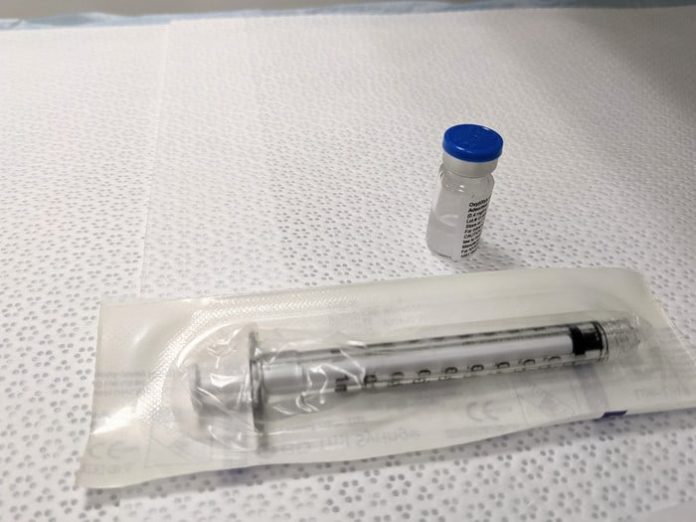A surprising new ally in the battle against weight gain has emerged from an unlikely source: beneficial bacteria found in soil and cow’s milk. In new research published in Brain, Behavior and Immunity, scientists have discovered that regular exposure to a specific microorganism completely prevented weight gain in mice fed a high-fat, high-sugar diet.
The study, led by researchers at the University of Colorado Boulder, reveals that mice receiving weekly treatments with Mycobacterium vaccae (M. vaccae) maintained healthy weights even while consuming the rodent equivalent of a steady diet of fast food.
“What is so striking about this study is that we saw a complete prevention of diet-related weight gain in these animals,” said Christopher Lowry, professor of integrative physiology and senior author of the study. “This suggests that exposure to beneficial bacteria can protect us against some of the negative health outcomes of the typical Western diet.”
Remarkable Protection Against Poor Diet
The research team divided adolescent mice into groups, with some receiving a standard healthy diet and others consuming what researchers dubbed a “Western-style diet” – composed of 40% fat and 40% carbohydrates, with half of those carbs coming from sugar. Within each dietary group, half the mice received weekly injections of M. vaccae.
While all groups consumed similar amounts of calories, the untreated mice on the unhealthy diet began showing significant weight gain after six weeks. By the study’s conclusion, these mice weighed 16% more than those on the healthy diet and had accumulated more dangerous visceral fat around their organs.
The surprising finding came from the group that received the bacterial treatment. Despite eating the same unhealthy diet, these mice showed no excess weight gain compared to those eating healthy food.
Return of the ‘Old Friends’
The study builds on a growing body of research about beneficial bacteria known as “old friends” – microorganisms that evolved alongside humans but have become increasingly scarce in our modern, sanitized world.
“As we have lost contact with these old friends that served to regulate our immune system and suppress inappropriate inflammation it has put us at higher risk for inflammatory diseases,” Lowry explained.
While more research is needed to fully understand how M. vaccae prevents weight gain and whether it would work similarly in humans, the researchers suspect it may work by reducing inflammation, improving fat tissue health, and enhancing metabolism.
Practical Implications
The research team hopes to investigate whether M. vaccae could be effective when taken orally and if it might help those who are already overweight. For now, Lowry suggests people can increase their exposure to beneficial microbes by spending time in nature, gardening, and eating fresh vegetables, which carry healthy microbes from the soil.
The findings are particularly relevant given the challenges of avoiding unhealthy food in modern society. “More than half of the food sold in grocery stores is junk food. It’s everywhere and it’s hard to avoid,” Lowry noted. “If we can simply restore our exposure to these old friends, we could potentially prevent weight gain and other health impacts even in the presence of our terrible Western diet.”
The research opens new possibilities for preventing obesity and its associated health problems, suggesting that sometimes the solution to modern health challenges might lie in reconnecting with the beneficial microbes we’ve left behind.
If you found this piece useful, please consider supporting our work with a small, one-time or monthly donation. Your contribution enables us to continue bringing you accurate, thought-provoking science and medical news that you can trust. Independent reporting takes time, effort, and resources, and your support makes it possible for us to keep exploring the stories that matter to you. Together, we can ensure that important discoveries and developments reach the people who need them most.




